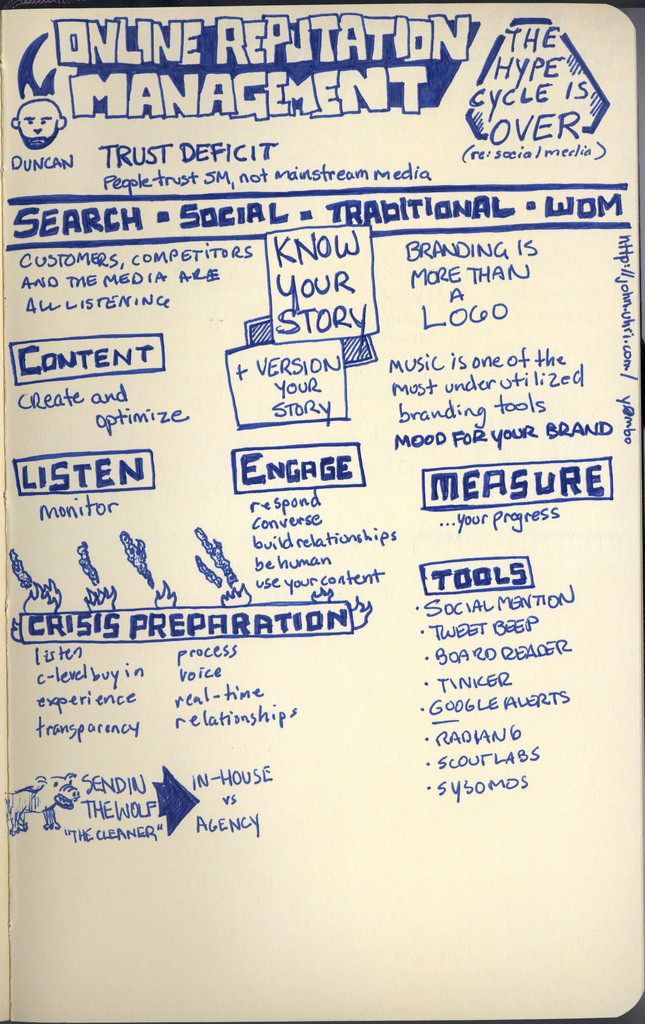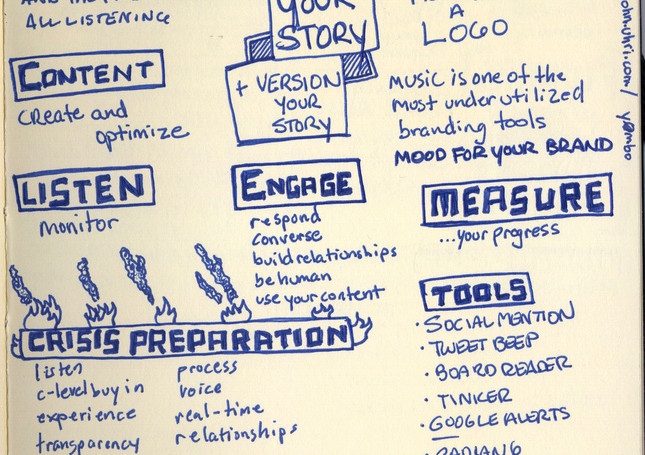
If someone wants to get to know about your company, brand, or product, they will do so online. Unfortunately, people tend to only look at the first page of Google (90% of people don’t look further), and they believe whatever shows up there. So, if something negative shows up, they will instantly have a bad opinion about you. This is why you need online reputation management to make sure people see the good things about you instead. Let’s take a look at key things to remember.
Reviews Are Important
A poor online reputation can be caused by a wealth of different things, but mainly by poor reviews. A 2012 Nielson study demonstrated that online reviews are almost as trusted as word of mouth recommendations. 80% of people, in fact, didn’t buy something after they saw a negative review. Plus, there are five times more negative reviews than positive reviews out there. Unfortunately, a single poor experience can therefore completely transform people’s opinion about you, even if they are unfounded.
Remember Dell? In 2005, a blogger called Dell’s customer service “Dell Hell”. His post went into great detail and went viral, getting shared all over the world. Dell saw a huge decline in their business as a result of this single post. Dell didn’t think a single blogger could make any kind of difference, but they were wrong. His post was catchy, it was shared, and Dell suffered.
Social Media Is Dangerous
Sometimes, something that seems not so important can get out of control. Twitter and Facebook, for instance, have become hotspots for people who want to complain, and they have expectations. In fact, 50% of people think that businesses should resolve complaints if they have been aired on social media. Unfortunately, some companies don’t monitor their accounts or, worse still, delete negative reviews. This is a huge mistake.
Take Hyundai, for instance. A Melbourne Hyundai dealer was quoted on their Facebook page, saying there was an issue with the inflated prices. Hyundai ignored it, but the rest of the country (Australia) didn’t. The post was shared 18,000 times, 38,000 people liked it, and 10,000 comments were posted in a single week. It hit national news before Hyundai finally responded, and their reputation was badly damaged.
Hoaxes Also Exist
Unfortunately, some people just like to complain. They will write things that are completely untrue, and internet trolls find it hilarious to spread rumors based on false information. These can be very difficult to combat as well.
Take the Just Jeans debacle. Somebody downloaded the Just Jeans logo and created a fake social media page in its name. Anyone who posted on the page, believing it to be the actual company, received an abusive response. The result was that Just Jeans had to apologize for something that they didn’t do, and didn’t even have any control over.
The lesson to be learned is that you have to monitor your online reputation, control it, and, if it is broken, fix it.
